The last summit of the first cycle of the Group of 20 (G20) annual summits will take place in Johannesburg on November 22-23, under the presidency of South Africa. This is the first time a G20 summit will be held on the African continent. Since 2021, South Africa has been the fourth developing nation to hold the G20 presidency consecutively, following Indonesia, India, and Brazil. As the premier forum for international economic cooperation, the G20 holds immense importance, although many experts believe its influence is being eroded.
What is at stake, and how prepared is the G20 to tackle the world’s economic challenges at a time of geopolitical turbulence in the ‘Age of Polycrisis’ since 2020?
Context
The prelude to the Johannesburg Summit is marked by the US decision to boycott it. The elevation in 2008 of regular G20 finance ministers’ meetings to the highest political level transformed this forum into the world’s ‘economic security council’. The principal credit for it rightly went to the US. Now, the same country has announced that its president will not attend the Johannesburg meeting. Having indicated that he would skip the meeting and send his vice president to it, President Donald Trump came out with his subsequent decision: no US official would attend the G20 summit this year “over widely discredited claims that white people are being prosecuted in South Africa,” as the BBC reported.
The chair and host of this year’s summit, President Cyril Ramaphosa of South Africa, responded that “boycott politics does not work” and that the summit would proceed, with substantive decisions. The US absence would be “their loss”, he added. A South African diplomat pointed out that the US absence was “a rebuff” to Africa, the Global South, and the G20 itself.
Quick Reads
View AllArgentina, too, has announced its president’s absence, though its foreign minister would attend. The level of representation by other members, including the two regional groupings – the European Union (EU) and the African Union (AU) – should be known shortly.
At a recent panel discussion in New Delhi, a participant posed a thoughtful question: to whom will South Africa pass on the gavel since the US is the next host? This highlights the uncertainty surrounding the G20’s immediate future under the US presidency, which begins on December 1, 2025. The US has announced its plan to host the 2026 summit in Miami in December. However, given the Trump administration’s reservations on several key planks of the G20 agenda, such as climate action, WTO reform, and assistance for developing countries, uncertainty prevails about how the US presidency will unfold.
Content
The Johannesburg Summit has been prepared in accordance with the philosophy of the last three summits held in Jakarta, New Delhi, and Rio de Janeiro. It will make its own contribution by emphasising the African dimension across development agendas. The path to this summit has included extensive meetings in the Finance and Sherpa tracks, as well as wide consultations with the non-governmental sector.
Working under the triple theme of ‘Solidarity, Equality, Sustainability’, the South African presidency strove to pursue the following key priorities:
Strengthening disaster resilience and response
Ensuring debt sustainability for low-income countries
Mobilising climate finance for just energy transition
Reckoning inequality as a defining feature of the economy everywhere and finding innovative ways to address it
Harnessing critical minerals for inclusive growth and sustainable development
Financing for development
Deploying Artificial Intelligence (AI) for economic development, and
Improving food security for needy countries.
Anil Sooklal, South African High Commissioner to India, pointed out that, as the chair, his country has consistently worked to integrate the issues of African Agenda 2063 into the G20 agenda “on a sustainable basis”. Several key outcomes are expected at the end of the Johannesburg deliberations, with the G20 working together “as a collective“. Working in isolation, neither the Global North nor the Global South can resolve the world’s problems. “The G20 proves“, he emphasised, “that the Global North and the Global South can work together, addressing collective issues.”
Key contributions are expected to emerge from the task forces on inclusive growth, food security, AI, data governance, and innovation. The report of the Cost of Capital Commission, established during the South African presidency, is also likely to generate considerable interest. Another significant deliverable is the review titled “The G20 at 20 years”, offering a comprehensive assessment of achievements and a roadmap ahead.
Credibility
The legitimacy and credibility of the G20 as the world’s most influential plurilateral forum are widely debated among experts. Its essential representative character is acknowledged; after all, it accounts for 85 per cent of the global GDP, 75 per cent of world trade, and about 66 per cent of its population. If one counts all the members of the EU and the AU, this forum represents a total of 101 countries directly or indirectly. Even then, 92 countries have no voice in the G20’s decision-making process. Hence, it can wield real influence only through leadership by example and concrete action.
That is where the vulnerability of the G20 comes into sharp focus. To tackle the global financial crisis (GFC) of 2007–09, the G20 devised and ensured effective action, thereby saving the global economy. That kind of action-oriented approach seems to be missing of late. G20, argue critics, is becoming an unending series of policy seminars at four levels – officials, ministers, heads of state/government, and non-governmental organisations – that result in voluminous documentation. For example, just the final declarations of the past three summits ran to 52, 83, and 85 paragraphs, respectively. However, they hardly included any provisions for the implementation and periodic review of progress in carrying out the decisions made. As a result, once a country’s presidency ends after 12 months, the next chair begins the same process with a differently curated theme but with roughly the same agenda!
However, advocates of the G20, such as John Kirton of the G20 Center at the University of Toronto, argue that the G20 was created “as a deliberative body rather than a decisional body, one designed to encourage the formation of international consensus on international issues.” It has a policy focus, and its mandate has now expanded beyond promoting international financial stability to encompass a wide range of global cooperation issues.
Another point of concern is that the four consecutive presidencies of developing countries have successfully highlighted the priorities of the Global South. However, the G20 will come under the presidency of the US, effective from December 1, 2025. The US has serious reservations about several key elements of the Global South agenda. In this situation, how will the other members of the G7 or the Global North move forward to shoulder their responsibilities? This will merit close watching.
Meanwhile, the four developing countries – Indonesia, India, Brazil, and South Africa – must consider uniting under the banner of a new grouping to be named IIBSA to provide strong leadership to the Global South.
The forthcoming summit in Johannesburg is expected to provide some useful insights. In this context, the first indicator may be the level of representation by leaders other than those from the US, Argentina, and Russia (who will skip it). Will all the others show up?
(Rajiv Bhatia is a Distinguished Fellow at Gateway House, with extensive diplomatic experience in regional and global groupings, and the author of three books on Indian foreign policy. Views expressed in the above piece are personal and solely those of the author. They do not necessarily reflect Firstpost’s views.)


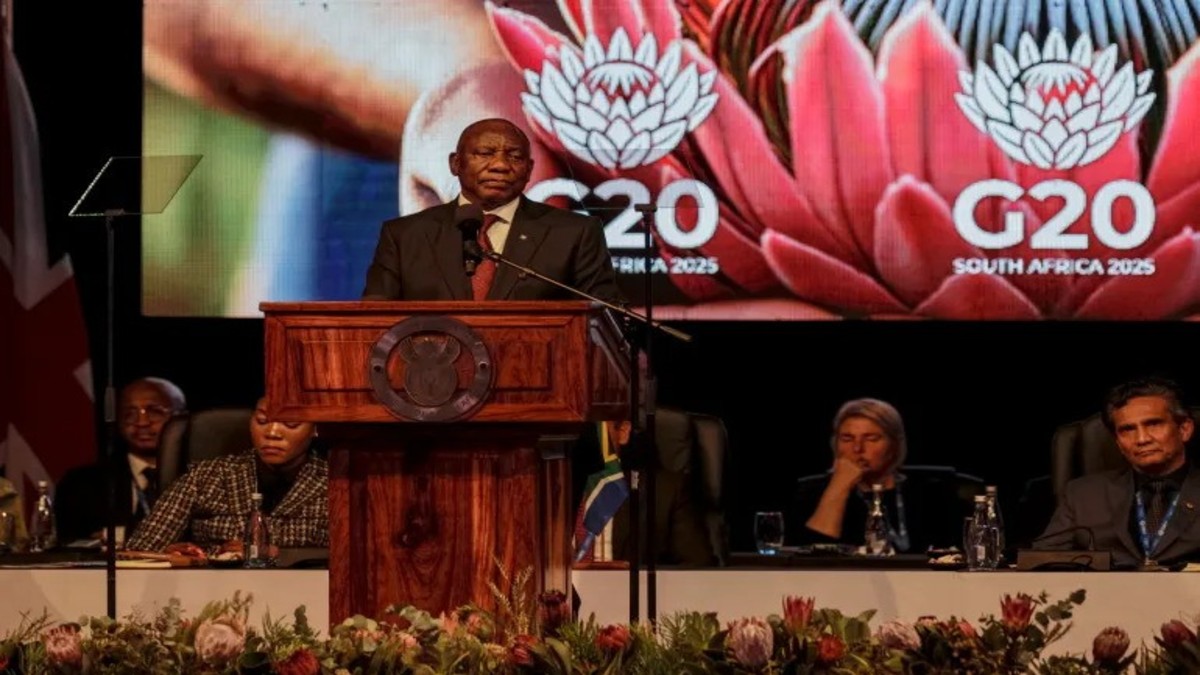)

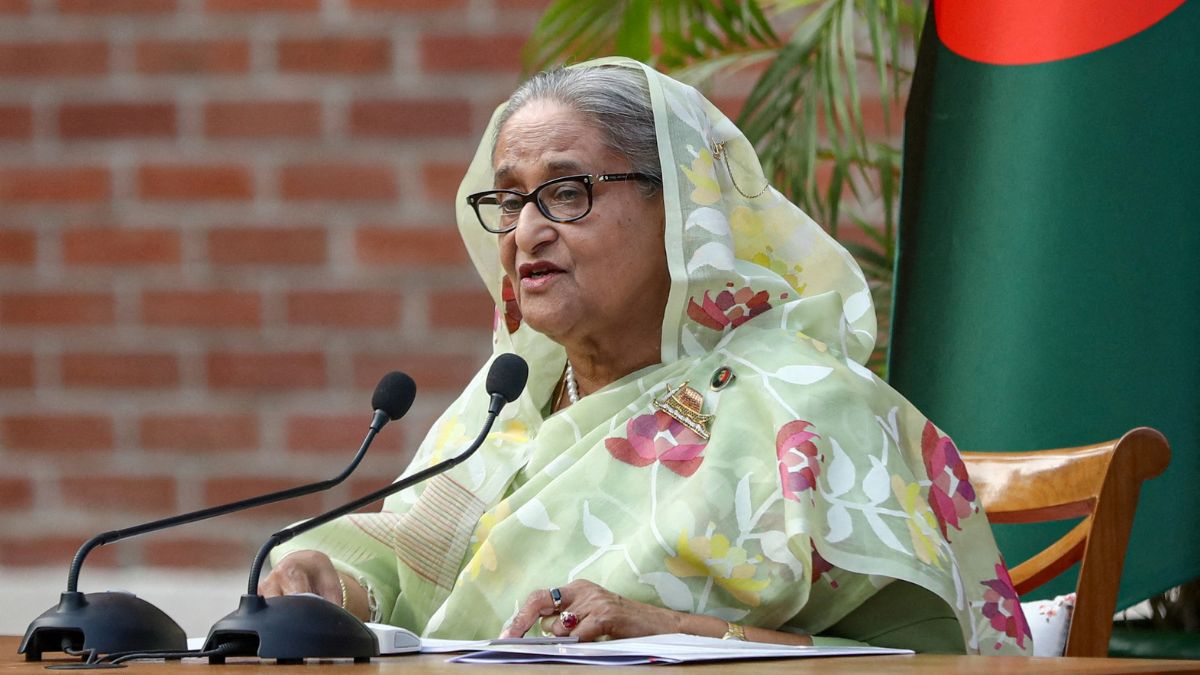)
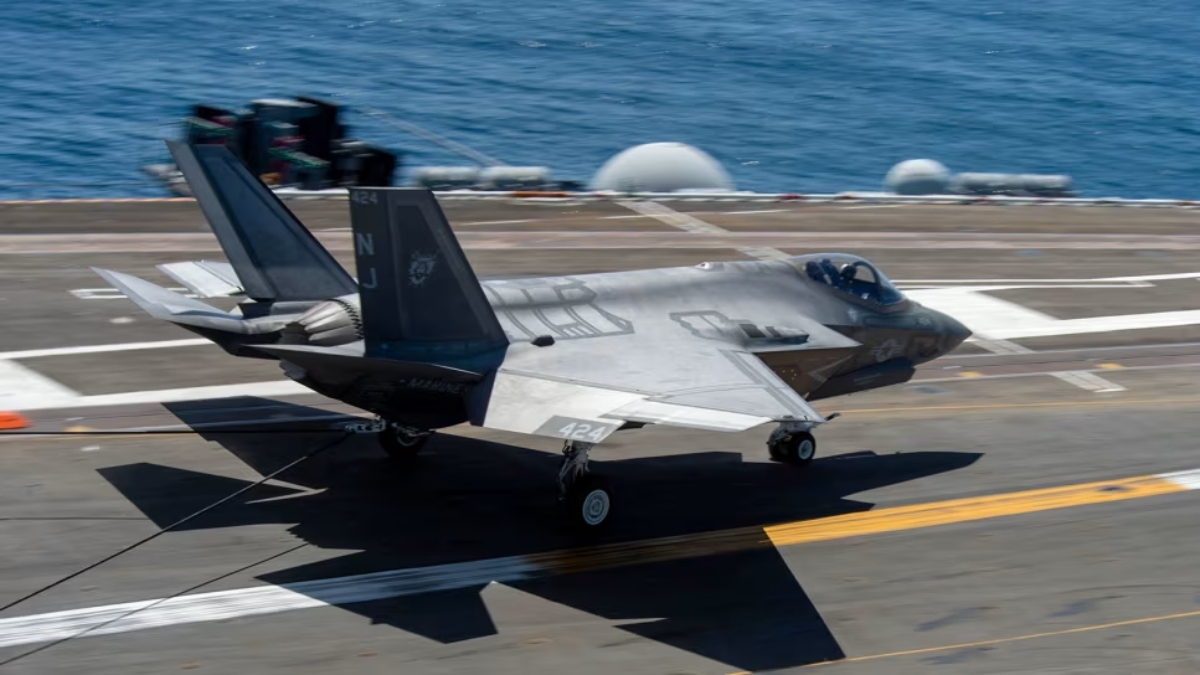)
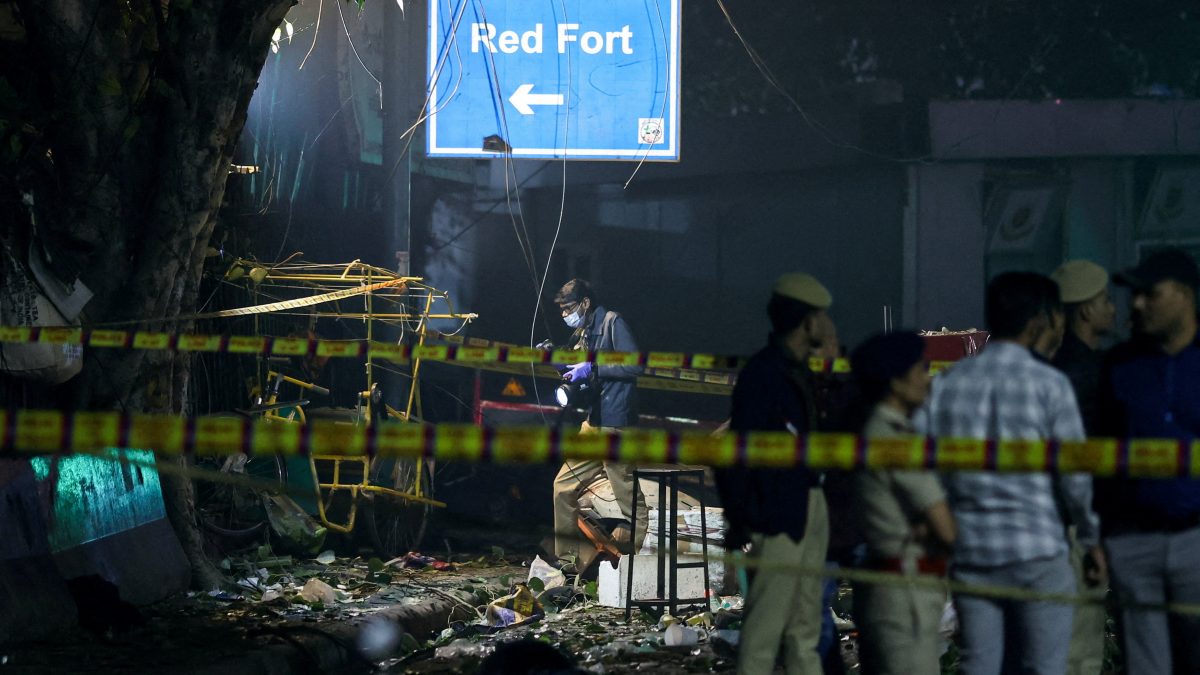)
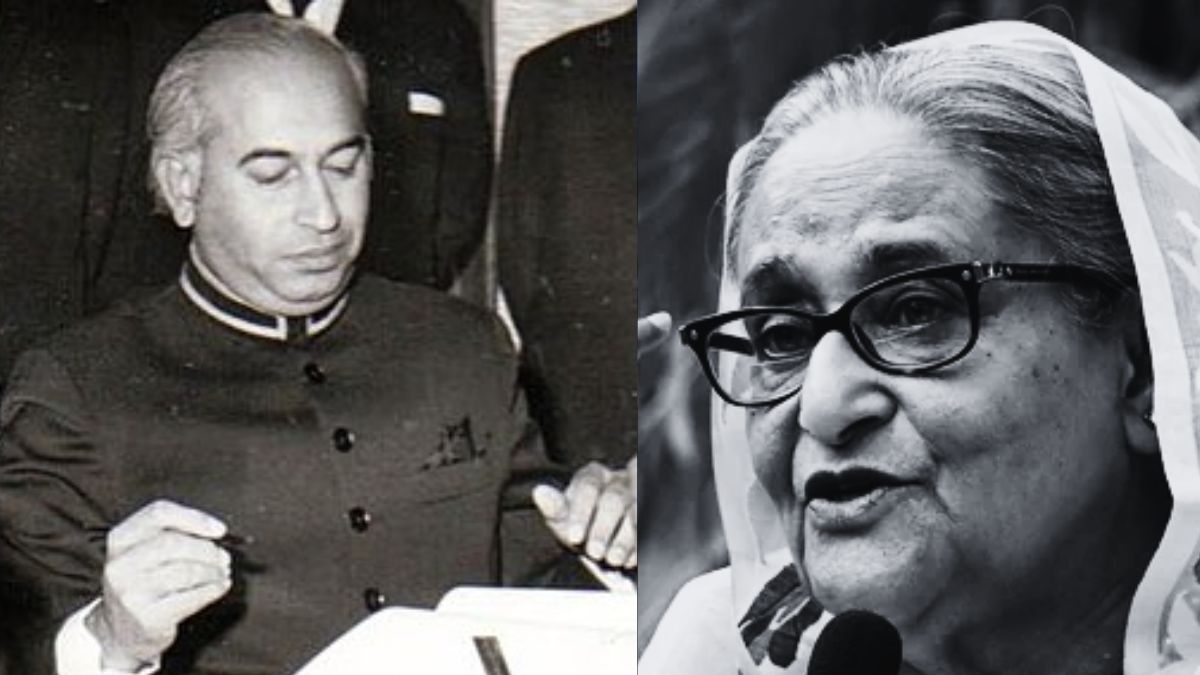)
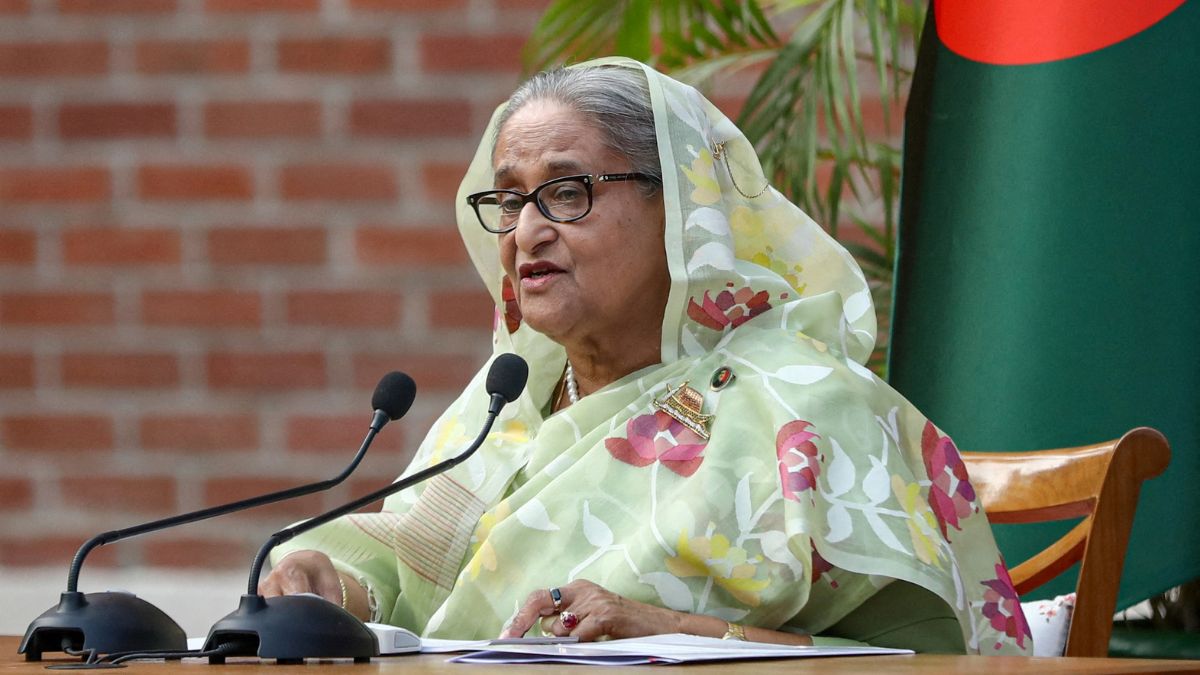)
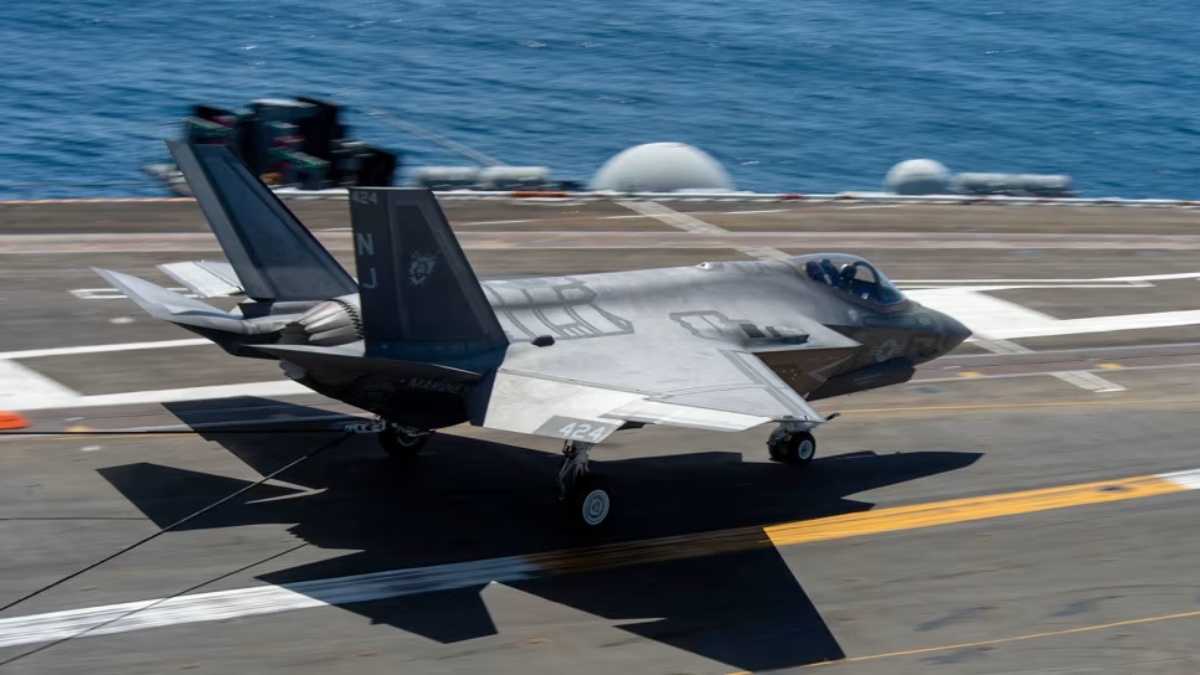)
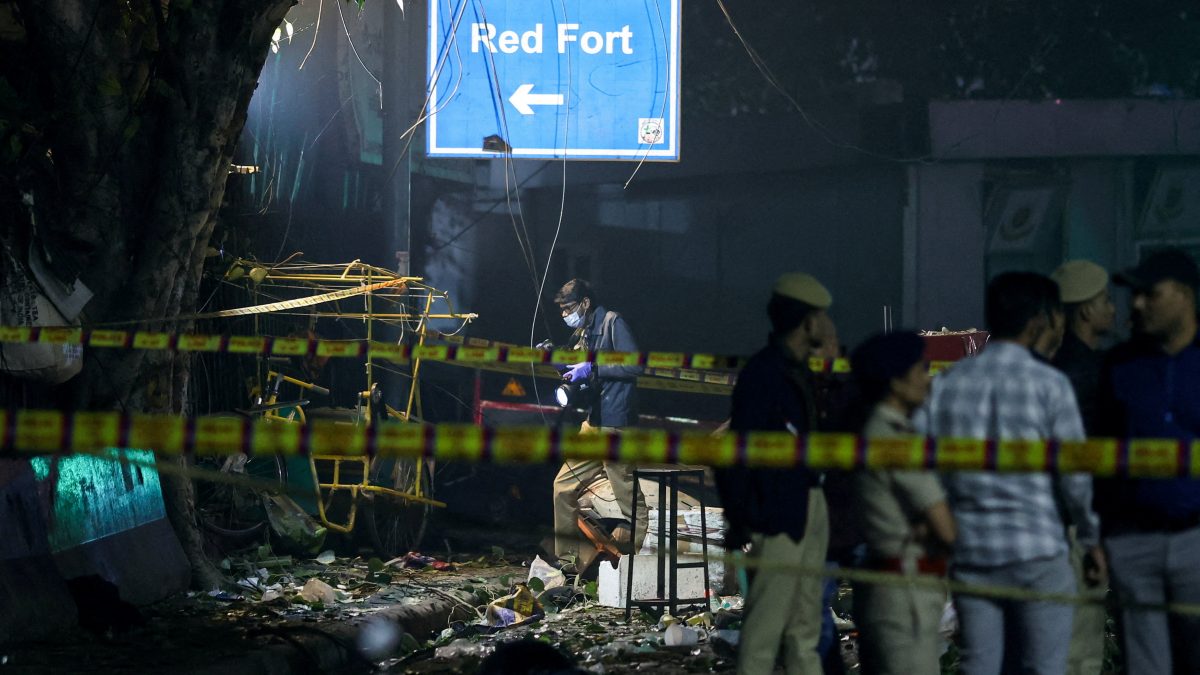)
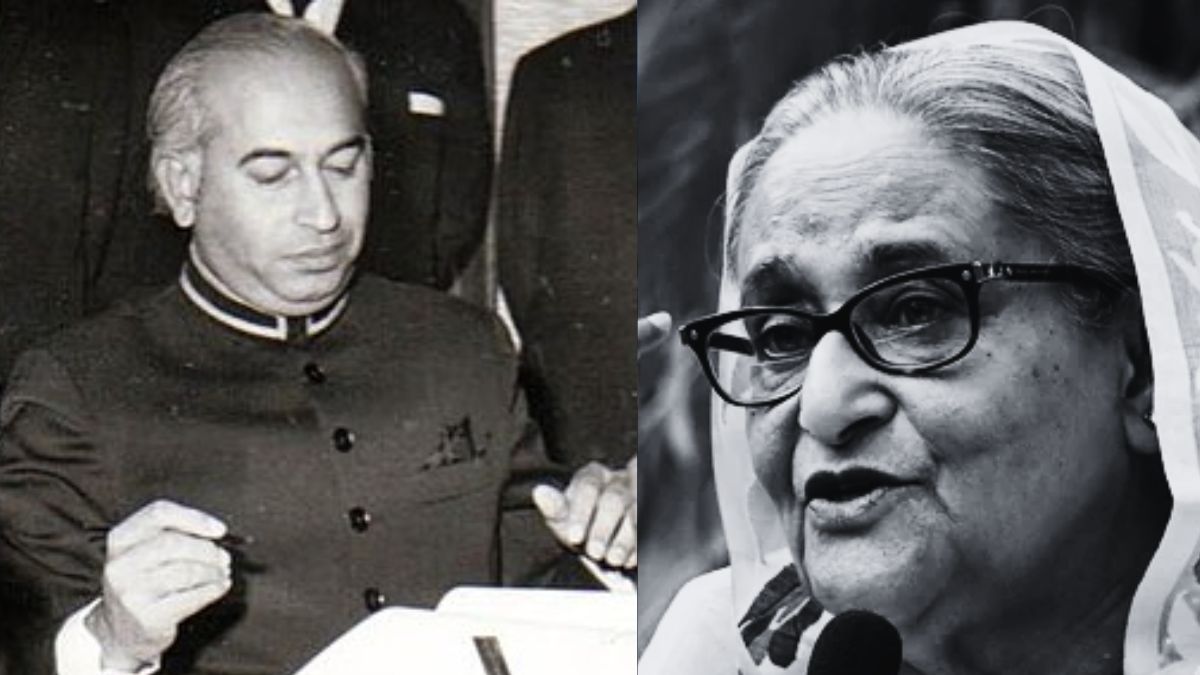)



